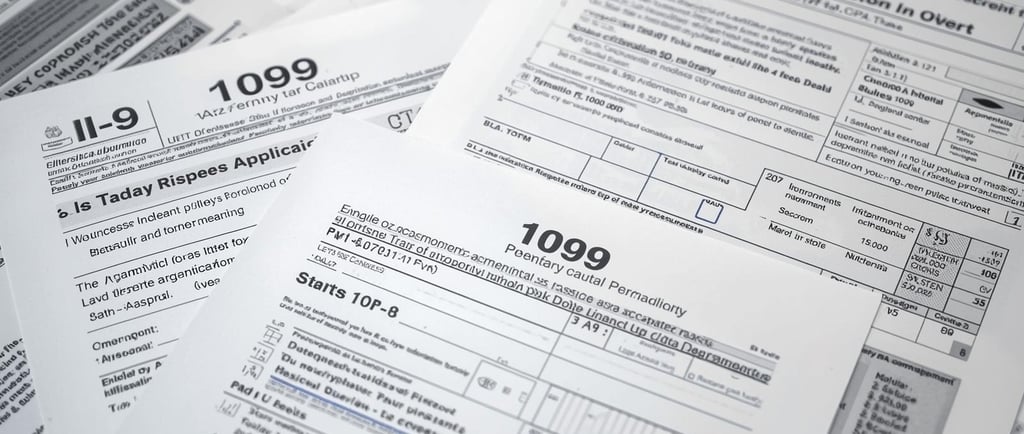call us at: (248)602-2682 OR Schedule a time to meet with an advisor: Sonareon Schedule
Attend our upcoming Workshop March 26 either at 10AM or 1PM. Register today - $99. Get free AI Assessment.
I'm a CPA: What is AI-Ready Data and why should I care
“Life moves pretty fast. If you don’t stop and look around once in a while, you could miss it.” – Ferris Bueller’s Day Off
Peter Serzo
11/14/20252 min read


We are at the infancy of the AI era, It is being woven into every software component, operating system, mobile phone and more. No one is going to miss this. You can try and avoid it, ignore it, play dumb but you will be affected by it.
As a professional handling consumer financial data and potentially storing it: You are a Financial data company. All data needs to be AI ready. You have a responsibility to your customers.
Let's start with the definition of the Gramm-Leach-Bliley Act (GLBA) of firms and institutions:
Banks and credit unions
Insurance companies
Investment firms
Mortgage lenders
Each one of these entities has to get their internal systems and office in order. So, what does it mean to have AI-ready data?
At its core, AI-ready data is more than just digitized records. It’s data that is accurate, high-quality, trustworthy, fair, compliant, and accountable. These aren’t just buzzwords—they’re the pillars of responsible AI adoption, especially in regulated industries like finance.
Here’s why it matters:
Accuracy & Quality: AI models are only as good as the data they’re fed. Inaccurate or incomplete data can lead to misinformed decisions, flawed risk assessments, or even compliance violations.
Trust & Fairness: Clients expect unbiased, equitable outcomes. They are relying on you to deliver accurate, impartial guidance. This is essential to maintaining a ethical and equitable practice.
Regulatory Compliance: Financial institutions must meet stringent standards (e.g., GLBA, SEC, FINRA). AI-ready data supports audit trails, privacy safeguards, and explainability. This is key for passing regulatory scrutiny.
Accountability & Lineage: Knowing where your data came from, how it’s been transformed, and who touched it is vital. This “data lineage” ensures transparency and traceability, especially when AI decisions are questioned.
I want to point out this last one. Having been in hundreds of offices and seeing the proliferation of spreadsheets, exporting of data, data stored on multiple storage types (USBs, Hard Disk, cloud) makes this potentially the toughest with which to comply.
Three action points you can start with today to get that under control are:
Utilize a share drive where all information is stored
No one should be using any type of USB storage device off of their personal workstation
Implement a simple governance policy around data. Some items it would contain:
Only utilize company email when dealing with customer data
Customer data must be stored to the designated locations
No exporting of data to multiple spreadsheets
Downloading of data to local workstation drives is prohibited
Achieving this level of readiness requires contextual data governance should align with how your firm actually operates. It also means regularly validating that your data still meets evolving standards as regulations, markets, and technologies shift.
The good news? You don’t need to become a data scientist. Start by understanding your data sources, identifying gaps in quality or compliance, and partnering with tools or experts who can help you build a sustainable data governance framework.
In the AI age, data isn’t just an asset—it’s your firm’s foundation for trust, insight, and growth. As Ferris stated: Look around and don't miss it.
Connect
Email: info@sonareon.com
© 2025 Sonareon. All rights reserved.
Phone: (248-602-2682
Schedule a time to meet with an advisor: Sonareon Schedule
Phone: 248-429-9110